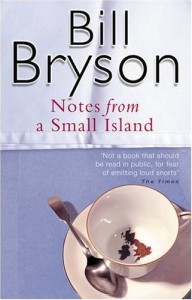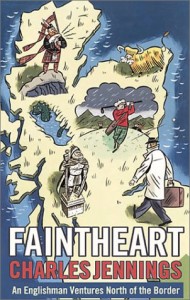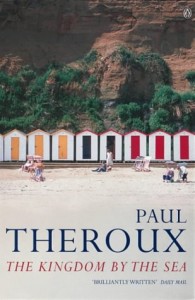Tales of a Female Nomad – Living at Large in the World came to me through bookcrossing. First someone on the book talk forums mentioned the book and I put it on my wishlist. A while later, I got a PM asking if I wanted to be in a bookring for it, to which I obviously replied in the affirmative. And on Monday it arrived.
The short story: Rita (it feels unnatural to use anything but her first name once you’ve read the book) leads a so-called priveleged life in Los Angeles, dining with celebrities and attending all sorts of glamorous events. When her marriage falters at a point where the kids have moved away from home, she realises that there is finally nothing stopping her doing what she’s really wanted to do all along; travel, meet people in foreign places and share their lives for shorter or longer periods.
The book is a well-written account of her development into a female nomad and of the places and people she meets along the way. For anyone with a case of wanderlust, this is a book to lose oneself in, imagining getting away from it all and doing exactly what Rita is doing. As for copying her in real life, not everyone could. She has a steady income of 10-15 thousand dollars a year from her children’s books, not enough to live on in the states, but more than enough to provide a sound base when travelling in developing countries. I imagine the book may therefore be frustrating if you really want to do what Rita is doing. However, I know myself well enough to realise it’s not just money stopping me. Yes, I do love to travel, but I also love being «at home». I need a base, and I like my packrat possessions, I would feel frustrated living out of a suitcase for more than a few weeks, never mind years and years.
And how wonderful, then, that such books as these let me experience some of the thrill of discovery while I sit at home in my favourite chair.
I can’t help but think that Rita would appreciate her book becoming as well-travelled as she is through bookcrossing. It certainly seems appropriate to me. Rita has her own webpage here (with deleted scenes!), and this copy’s bookcrossing journal is here.


